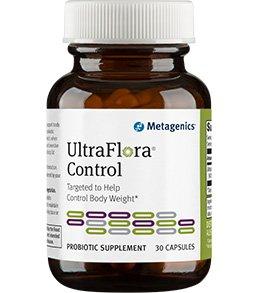
Muscle weakness is a very common complaint for patients who are suffering from a vitamin D deficiency. We most of think about the effect on our bones of insufficient Vitamin D, but muscles take a hit as well when that supplement is low. The aging process naturally causes a loss of Vitamin D in our muscles. Measuring Vitamin D levels is a handy predictor of who will begin to lose muscle strength as they age.
As we age, if we begin to reduce our physical activity, especially outdoors, that necessarily means we are less exposed to the sun – our primary source for the production of Vitamin D. The relationship between aging and muscle loss, fall risk and fracture frequency has been studied many times.
One study tested Vitamin D supplementation versus a placebo (sugar pill) in a randomized, controlled, double blind study (the gold standard in science) and found that those receiving Vitamin D had better protection from falls. As a result, the American Geriatric Society now recommends that anyone at risk of falls should supplement with Vitamin D.
Studies have also shown that Vitamin D improves muscle strength throughout the body, most dramatically in the legs, and improves balance. This leads to the conclusion that appropriate levels of Vitamin D improve both physical and mental performance and durability. But, the question remains for individual patients, what is the right amount of Vitamin D for me to take?
As we always say here at Renew, we test, we don’t guess. Once we have assessed the levels of a range of health markers, including Vitamin D, we can guide you toward both nutritional and supplement upgrades to get your Vitamin D at the right level for you. While appropriate levels of VItamin D are associated with many health benefits, excessive Vitamin D may be harmful.
Supplementing your nutrition with Vitamin D is definitely beneficial, but the best intervention to prevent falls and make you durable when one happens is regular exercise. Exercise strengthens muscles and bones, improving their density and thickness.


